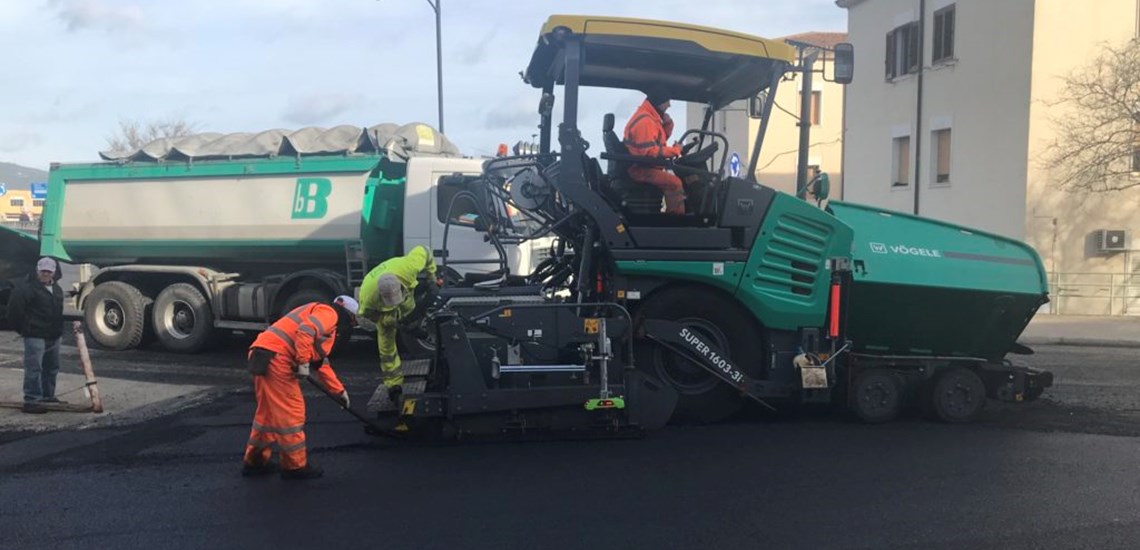Rubberised asphalt is starting to make an impact in Italy
Italy Reaches 600km of Rubberised Asphalt
Ecopneus’ Giovanni Corbetta reported to Italian news agency ANSA, that there were no some 600km or roads that had been resurfaced with rubberised asphalt. According to the data provided by Ecopneus, the leading non-profit operator in the management of end-of-life tyres in Italy, to date about 600 km / lanes of roads have been built in the country with the use of rubber-modified asphalts.
Asphalts modified with the addition of recycled rubber represent an innovative and advantageous solution, widespread for over 60 years all over the world is now finding more and more acceptance: in fact, it has gone from just over 100 km in 2010 to a total of 592 km at the end of 2020, with an increase of 63 per cent compared to 2019.
In Italy, 42 Provinces have chosen to rely on this technology: Emilia-Romagna, Tuscany, Piedmont and Trentino Alto-Adige are the regions in which the most significant use.
Asphalts modified with recycled rubber currently represent one of the most interesting solutions for public administrations and bodies managing the Italian road network as it allows them to better invest economic resources for road infrastructures, while reducing inconvenience for road users.
There are several advantages linked to their use: reduction of up to 5dB of noise generated by the passage of vehicles and a lifespan of up to 3 times that of conventional asphalts, by virtue of the greater resistance to wear and the formation of cracks and holes; an aspect that also allows a consequent containment of maintenance costs in the medium-long term.
”The results achieved encourage us to continue in this direction,” stated the general manager of Ecopneus Giovanni Corbetta. ” As Ecopneus we have worked hard over the years to spread more knowledge on this proven application of recycled rubber, we have activated and supported several scientific studies and initiatives, such as the EU co-funded Life Nereide project. For 2021 we hope for an ever-wider diffusion of this technology also thanks to the entry into force of the new End of Waste decree which will provide an important support to increase the quality of materials recycled from ELTs. Many important national companies are also increasingly attentive to this technology ”.
Source:ANSA




















